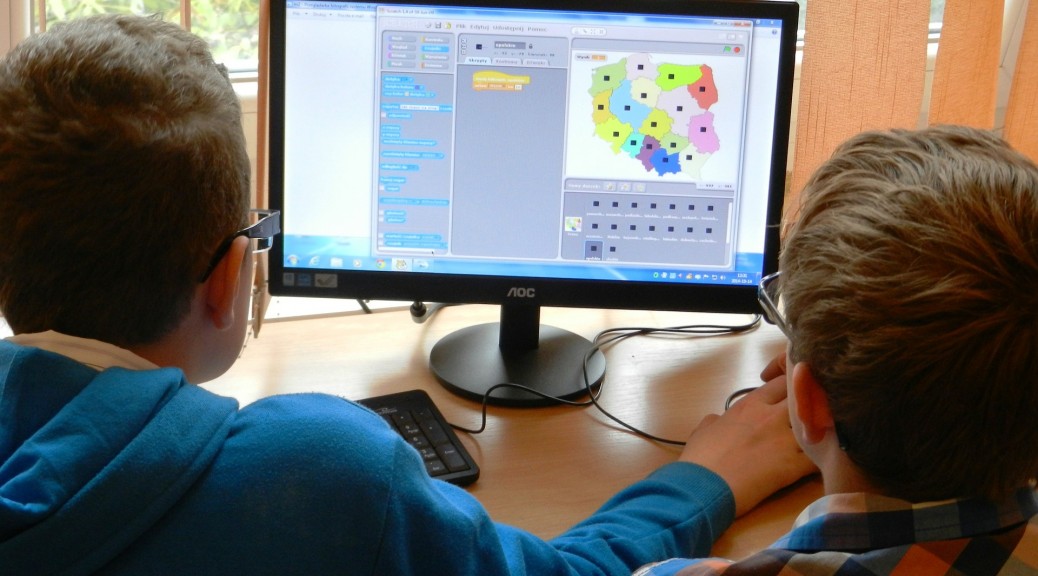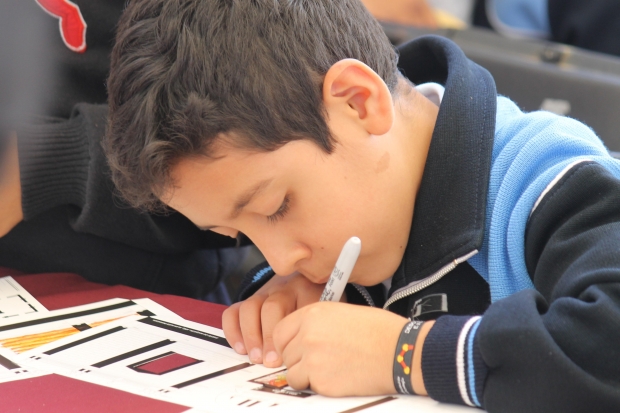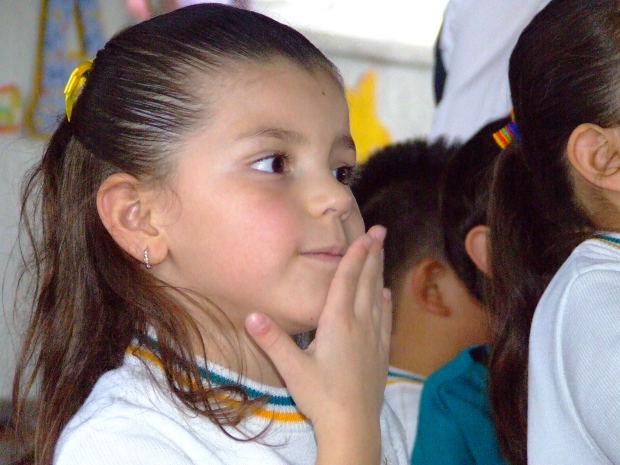There’s a movement by some parents and a group of lawmakers to get computer coding classes counted as foreign language credits in schools across the country. While it did hit a snag recently, those who feel strongly that they should be counted as school credits aren’t giving up. Then again, neither is the side that thinks they shouldn’t be counted. Where do you fall?
The current hubbub is going in Florida, where a former executive at Yahoo has proposed a bill that would have allowed high schools to provide coding classes and to have them counted as foreign language credits. Supporters say there are a lot of reasons to do this, including the fact that more kids would sign up for coding and they’d gain essential skills for the workplace. The bill actually passed the state Senate but wasn’t able to pass in the Florida house. Other states are considering it too, including Georgia and Washington.
In Texas, high school students have been able to count computer science classes as foreign language credits for several years – but the student must have already taken a foreign language class and not done well in it. Supporters of that type of bill state that it’s a great choice for kids who don’t have an easy time with foreign languages.
Those who support proposals to allow any student to use a coding class in place of a foreign language have some solid points to make. First, they point out that most students don’t take enough foreign language classes to become fluent and most don’t ever use what they’ve learned again in their life. They also say that coding is a language – and that it can be useful for kids for the rest of their lives.
Of course, those who don’t support the measures have their own strong points too. For example, they say that exchanging a skill isn’t the same thing as learning a foreign language. They also say that learning a language isn’t the only reason for foreign language classes. They’re also designed to teach students about different cultures and different ways of communicating.
Where do you stand? At CodeREV Kids, we’re on the record as supporting the idea that kids need to learn coding. In fact, we have a convenient description of exactly why coding is important. We’re also here to help your kids learn, whether your public schools offer options or not.








